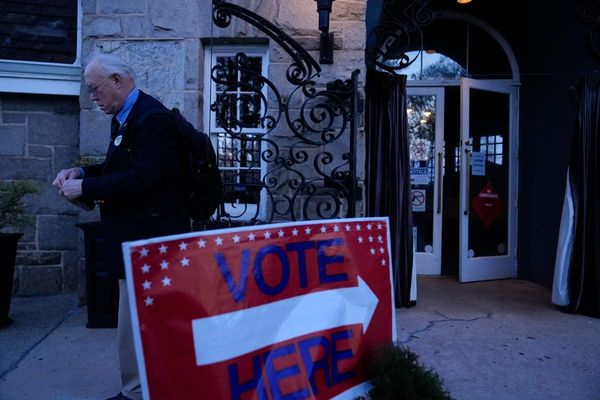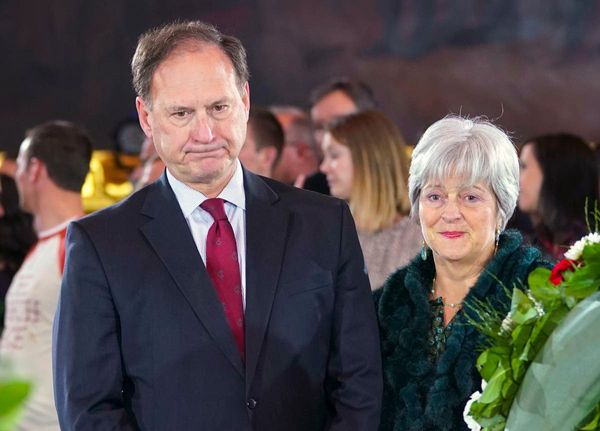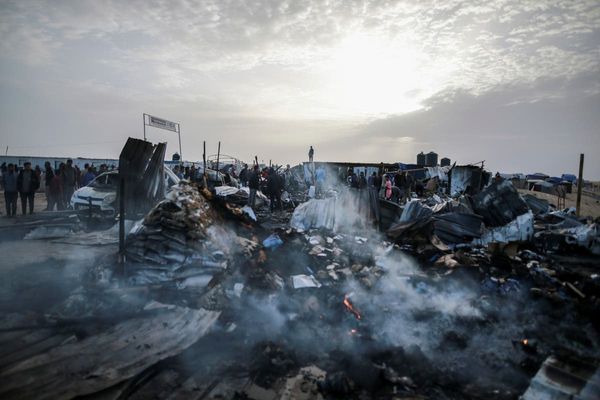
As we heard rumblings of Channel 4 exposing someone famous in its Dispatches program, speculations started to fly thick and fast. Many different names were proposed, and for a while it seemed this could be a defining moment in British comedy, exposing the many open secrets about predatory comedians and media personalities.
For me, who did not grow up in Britain but arrived there in the early 2000s, the wave of highly sexualised and explicit comedy that comedians like Russell Brand spouted on national television came as a surprise. I had found the focus on women’s bodies, sexual abuse and coercion offensive and at times frankly disgusting — who could forget the infamous stand-up routine where Brand talked about forced oral sex, making choking sounds onstage to laughter from the audience?
However, since I had grown up in India and was new to the country, I wondered whether I was merely “uptight”. I did not believe that jokes about sexual harassment were funny, but as a feminist I was conflicted if this was all part of the sexual liberation and freedom that women were striving for. Still, I found this brand of comedy revolting — not revolutionary, as many others believed at the time. I always wondered how the women who worked with and around Brand felt about his humour.
Well, now we know. When The Times reported these allegations against Russell Brand — of rape, sexual assaults and emotional abuse over a seven-year period — many came out to say this had long been an “open secret”, and that women had been warned about Brand. There were also reports of incidents where it had been decided that women should not be assigned a project he was working on. This was meant to protect them. I guess it was easier to cut off women’s livelihoods and careers rather than challenge an established man who had the power and influence.
Even as many thousands of women have come forward to talk about sexual harassment and abuse since #MeToo, it has also become clearer how silence has enabled and protected abusers for decades. There are many who have witnessed these crimes but maintained their silence due to fear or to protect themselves. There is also the fear of retaliation and blowback, which ensures not only victim silence but also witness silence.
Many myths and misconceptions persist about what constitutes sexual violence. In Brand’s case, he has claimed that all the relationships were consensual, even though the women have alleged otherwise. There was also reportedly a relationship between Brand, then in his 30s, and a 16-year-old — over the age of consent in the UK, but very much an age-inappropriate relationship with an imbalance in power dynamics.
As women have come forward in Brand’s case, sceptics have claimed this is a big conspiracy with the oft-repeated question: why have these women taken so long to speak out?
When women come forward, they are often not believed, and these same networks of loyalty and secrecy dismiss their allegations or diminish the seriousness of these crimes; they are encouraged to keep quiet or “get over it”. The US Equal Employment Opportunity Commission reported that 75% of sexual harassment in American workplaces goes unreported, even though one in four women has faced some sort of workplace sexual harassment.
If there is a culture of silence around a powerful man, it is easier to internalise the shame and guilt and for the women to blame themselves. It is also easier to fall prey to the myths and to question your own testimony around what sexual harassment is, and question whether you are overreacting. As I discuss in my recent book Hysterical, women have been trained, culturally and historically, to be pleasant and not create discomfort for others — they are fearful of being seen as angry and vengeful.
When sexual assaults are reported, a majority of perpetrators will never be convicted. According to data from RAINN, one of the US’ largest anti-sexual violence organisations, out of every 1,000 sexual assaults, only 310 are reported, and 975 perpetrators will walk free. In England and Wales, more than 99% of rapes reported to the police do not end in convictions.
To change these statistics, we have to start believing women and dismantle these power hierarchies that protect predatory men. Networks of silence and complicity have long protected men in power, and it’s easy to see why women might be reluctant to come forward. If we turn a blind eye towards any such incidents and do not speak up, then we are all responsible.
If you or someone you know is affected by sexual assault or violence, call 1800RESPECT on 1800 737 732 or visit 1800RESPECT.org.au. In an emergency, call 000.







